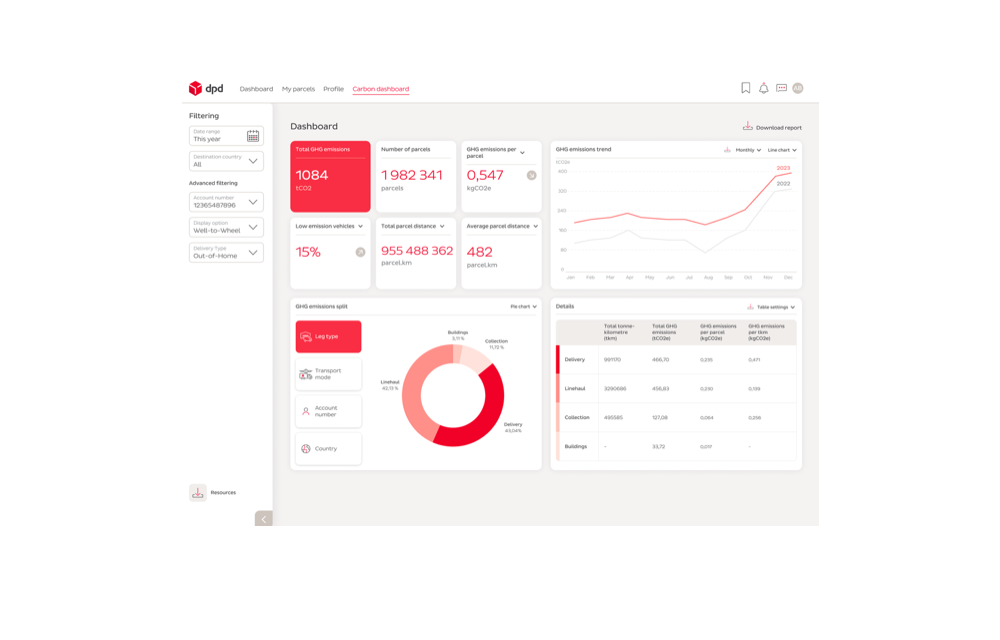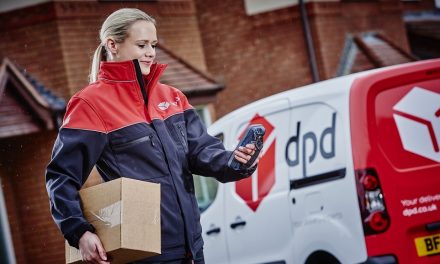
Geopost launches its Carbon Calculator

Geopost has announced the launch of its new Carbon Calculator – a digital tool that supports shippers’ carbon management and reduction strategies.
The company said that it has been working with a group of strategic e-merchants to test the new tool, which will enable customers to “analyse, in real time, report and ultimately reduce emissions over the long term”.
The Carbon Calculator uses scan events to track each parcel as it moves through the Geopost network. This allows Geopost to provide its customers with emissions data specific to their shipments and real-time visibility on their scope 3 emissions.
Geopost said that the Carbon Calculator covers all relevant greenhouse gas (GHG) emissions which are reported as CO2-equivalents (CO2e).Furthermore, it is in methodological conformance with international carbon accounting standards, notably the Global Logistics Emissions Council Framework for Logistics Emissions Methodologies (GLEC Framework). The tool is officially accredited by Smart Freight Centre and is authorised to provide carrier greenhouse gas (GHG) emissions data for freight and logistics.
The Carbon Calculator is already available in 10 business units (Chronopost, DPD France, DPD UK, DPD Belgium, DPD Poland, DPD Estonia, DPD Latvia, DPD Croatia, DPD Slovenia and DPD Switzerland) and Geopost will gradually roll it out to its shippers in the course of 2023, covering by the end of 2023 the company’s 20 largest business units in Europe.
Jean-Claude Sonet, Executive Vice President, in charge of Marketing, Communications and Sustainability at Geopost, commented: “At Geopost, we have proven since 2012 our expertise in innovating for sustainable outcomes by constantly improving how we quantify and report on carbon emissions to the benefit of our customers. I firmly believe that our Carbon Calculator is a perfect example of this. It is a pioneering tool, built in line with international carbon accounting standards, designed to help businesses meet the need for accurate, regular CO2 emissions reporting – all while helping them make more sustainable decision making in the long-term.”












